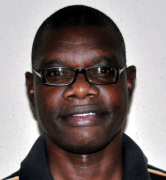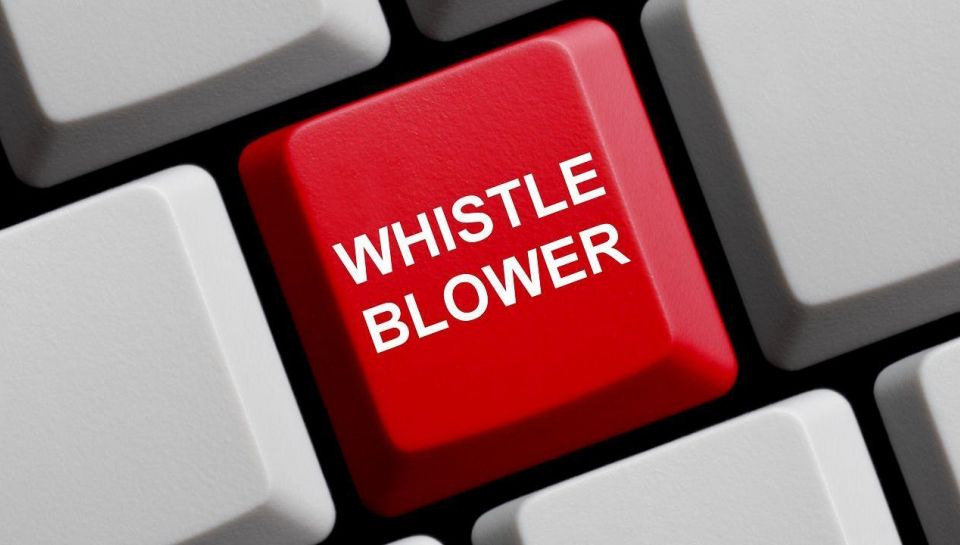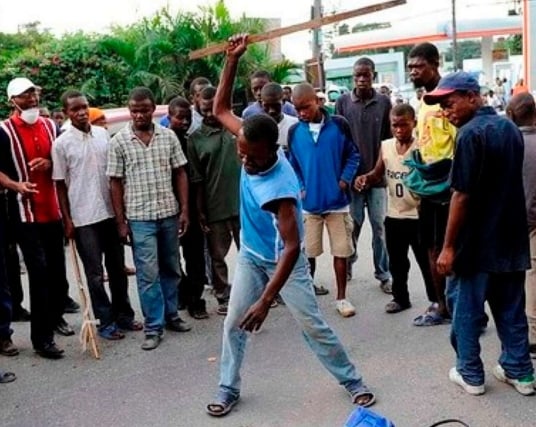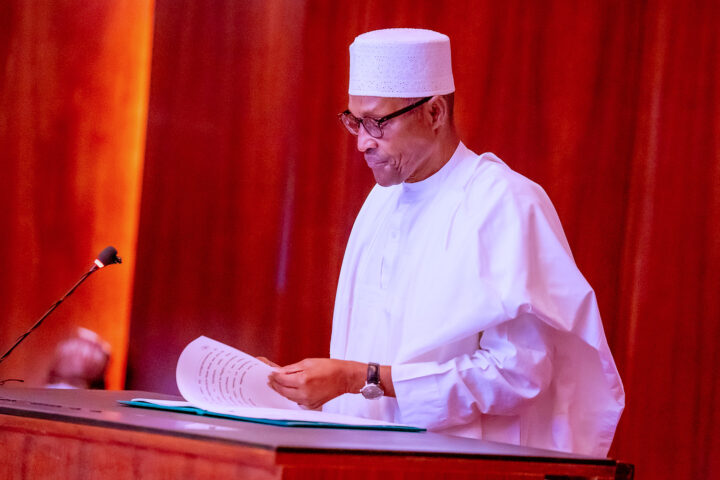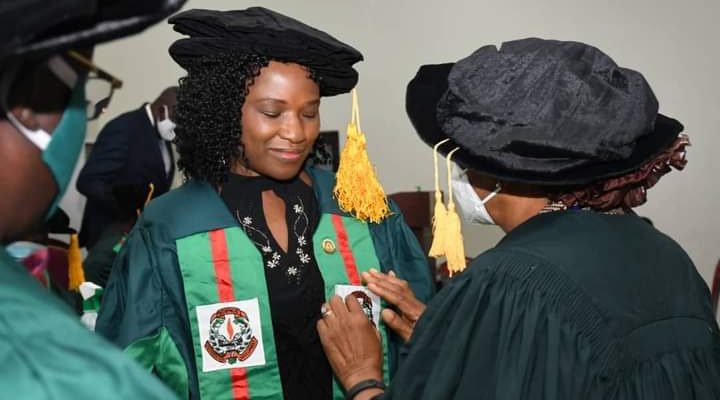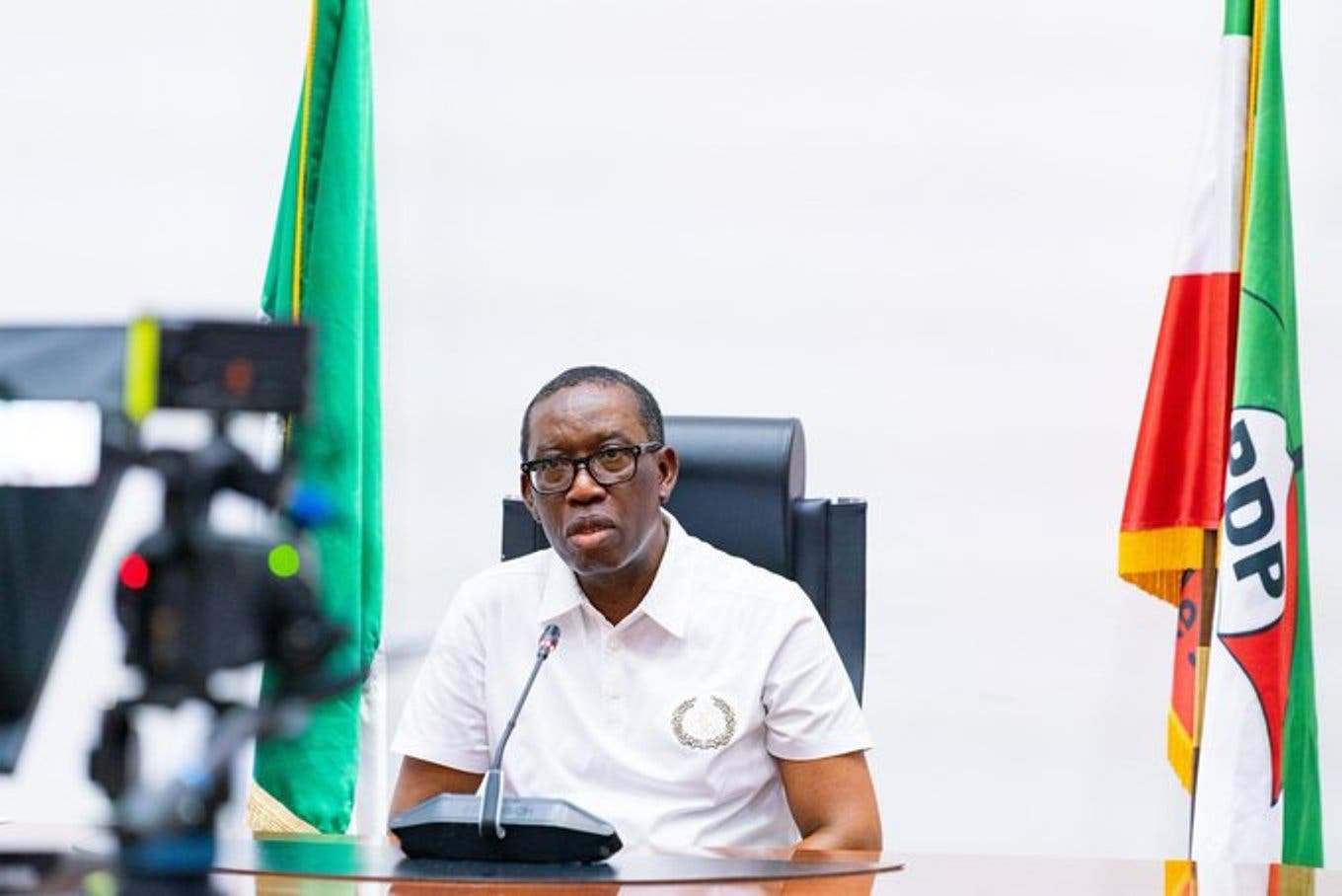Working in the sticky terrain of whistleblowing in the last five years of the introduction of the whistleblowing policy by the Nigerian government has been expectedly daunting for no less a reason than the fact that it is an engagement that seeks a complete turnaround in the way the people are used to behaving.
A mission to inverse an inbred tradition that celebrates silence and consent in the face of wrongdoing is bound to be met with some narrow-minded resistance no matter how feeble. In weak states like Nigeria where corruption thrives mostly through wanton abetment, such resistance is sometimes shown brazenly either through open rebuffs in the process of promoting whistleblowing as a viable anti-corruption tool, or frequently manifesting in the daring perpetuation of harsh retaliation against gutsy workers who blow the whistle.
Much of the opposition are often issuing from government offices where a good number of workers seem not interested in engaging accountability mechanisms such as freedom of information (FOI), public procurement, not to mention whistleblowing which many people are yet to appreciate as a right and a natural extension of the right to freedom of expression and freedom of conscience.
Despite these drawbacks, the African Centre for Media and Information Literacy (AFRICMIL), the only civil society outfit operating on the whistleblowing policy turf with the collaboration of the Presidential Initiative on Continuous Audit (PICA), the unit in the Federal Ministry of Finance, Budget and National Planning managing the policy, has been making inroads in its advocacy for the cultural acceptance of whistleblowing as a vital mechanism for reducing corruption and checking wrongdoing. A programme of institutionalization of this mechanism across all sectors of the economy through a slew of activities is at the core of the advocacy.
Advertisement
However, for meaningful success in the fight against corruption through the whistleblowing system, protection is important not only for whistleblowers but also for journalists. Both groups are dedicated to holding power to account and working towards the same goal of public good by bringing up the facts. To that extent they are inseparable! Therefore, at no time should the partnership between whistleblowers and journalists be more formidable than in this era of intense state repression, a time when dark forces have launched a systematic winding down of the civic space and deliberate suffocation of fully functional independent media.
At this critical time when information is proving much harder to get, only whistleblowers can manoeuvre comfortably and supply the information journalists need. But for the collaboration to yield the desired result, journalists must appreciate the danger whistleblowers face before and after releasing information. That is why journalists should be concerned about the security of whistleblowers. Journalists have a bounden duty to see that whistleblowers are protected.
Unfortunately, it’s common to find some victimised whistleblowers lamenting the failure of the media to help push their stories. They always complain of having a hard time getting journalists to be interested in the wrongdoing they disclose. In the end, they are often caught saying they regret blowing the whistle and vowing never to encourage anyone to report fraud or any wrongdoing.
Advertisement
According to Wim Vandkerckhove, professor of business ethics at the University of Greenwich, findings from the World Online Whistleblowing Survey conducted by Professor A. J. Brown, one of Australia’s foremost scholars in transparency and governance, showed that those who had been whistleblowers were the least likely group to believe whistleblowing to the media is a good idea. Of the whistleblowers who took part in the study, 13 percent (more than double that of the other groups and the general populations) considered that the whistle should never have been blown to the media, suggesting that many whistleblowers have had bad experiences when going to the media, or found the route to be ineffective This is one of the setbacks in whistleblowing activism.
For carrying out a lawful act that ordinarily ought to be rewarded, whistleblowers are losing livelihoods, facing threats in varying forms or being denied promotion and salary while those responsible for their plight are never punished for their conduct. All the big men and women who unleashed punishment on whistleblowers that AFRICMIL has worked with were never punished. They are either still in office or have served out their years and retired gracefully.
It’s gratifying to note that the transformation in journalism practise has witnessed increased collaboration between whistleblowers and journalists working across continents to expose corruption.
While the civil society must work to have a robust protection law for whistleblowers, they should not ignore the fact that journalists also deserve full protection to enable them to do their job effectively.
On its part, AFRICMIL is keen on working with journalists for better protection for whistleblowers, while also very much available to join hands with relevant stakeholders to ensure a safe working environment for journalists in the firm belief that an enhanced partnership between the two is one of the surest ways of cracking the solid edifice of corruption that has made Nigeria a cauldron of misery.
Advertisement
Onyeacholem works with AFRICMIL
Views expressed by contributors are strictly personal and not of TheCable.
Add a comment
